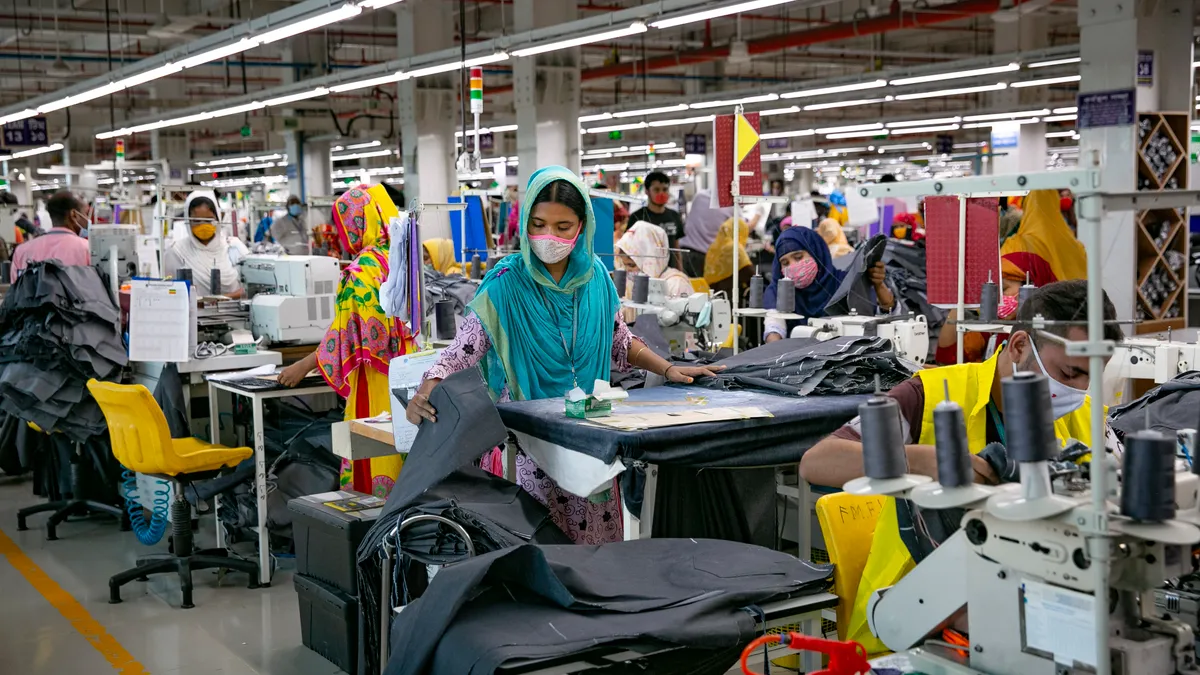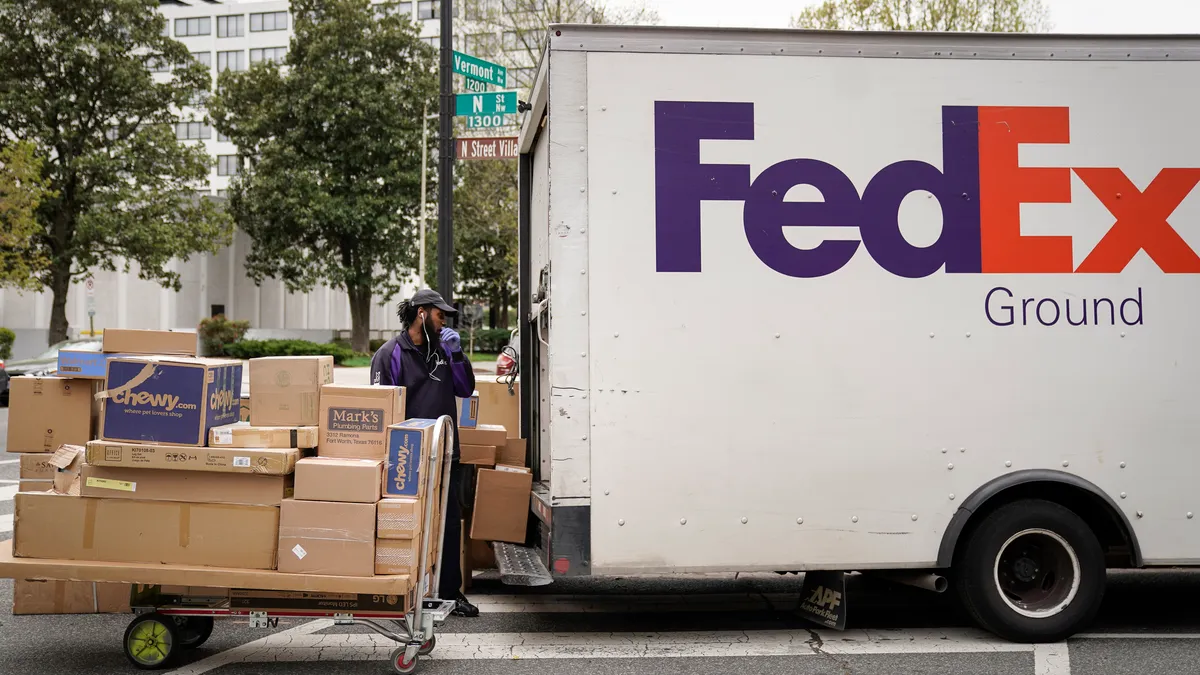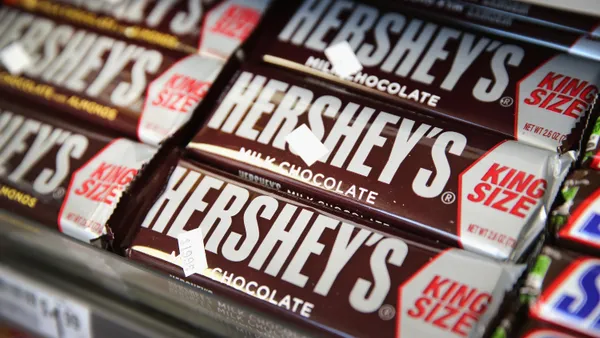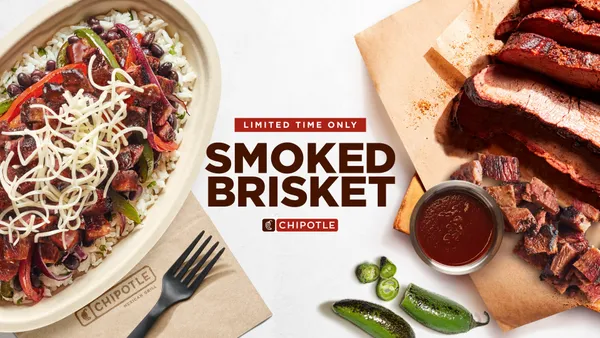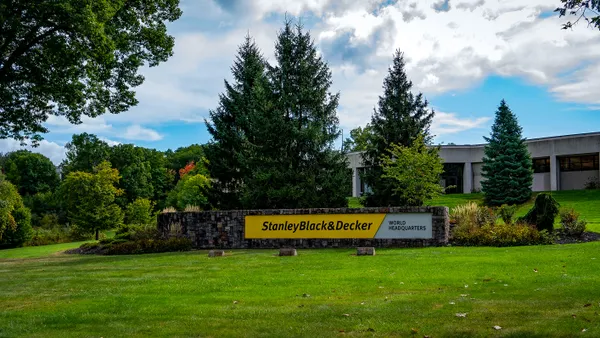Dive Brief:
- Building Tesla's Model 3 will be much easier than the previous two autos as the company now has the legitimacy, trust and volume guarantees to run a smooth supply chain, Tesla's former Vice President of Supply Chain Management Peter Carlsson told Automotive News.
- Carlsson noted Tesla could not secure the capacity commitments they needed from suppliers early on, as the new company's location in silicon valley placed it far from traditional suppliers and trust had yet to be established with many companies. Vertical production was often necessary.
- Now, as Tesla increases annual production to 100,000 and has production guarantees, the company is actively recruiting suppliers to establish plants nearby and begin production by July 2017, electrek reports.
Dive Insight:
Tesla's example shows just how much supplier relations matters in supply chain management, as procurement and production guarantees are more likely to face hiccups when a partnership is new.
In Tesla's case, suppliers needed demonstrations of reliability and good faith before becoming willing to allocate resources, but once that was accomplished, once reticent suppliers were even willing to relocate nearby. Now, the company has a logistics park near Fremont, CA, and at least 10 suppliers in the area, according to the San Francisco Business Times and electrek.
The moral of the story is that strong supplier relationships, backed by production guarantees, can help even a "small" manufacturer (Tesla's production of 100,000 is hardly high for the auto industry) thrive. As a result, executives should be aware of some of the most prevalent miscommunications between buyers and suppliers.
A recent study by The Faculty as reported by procurious notes first, and most at issue, is a failure to communicate altogether. Second, executives should remember partnerships are not always cost-based (unless costs are an active issue) and companies may benefit from hearing out supplier suggestions. Finally, suppliers can help with demand planning and other initiatives.
Overall, suppliers measure a "cost-to-serve" both in terms of complexity of the procurement process, value of business and strength of the relationship — and would prefer to be treated as partners in production, rather than just suppliers. Perhaps Tesla's early supply chain struggles helped it value those partners more, and now they are growing together.




